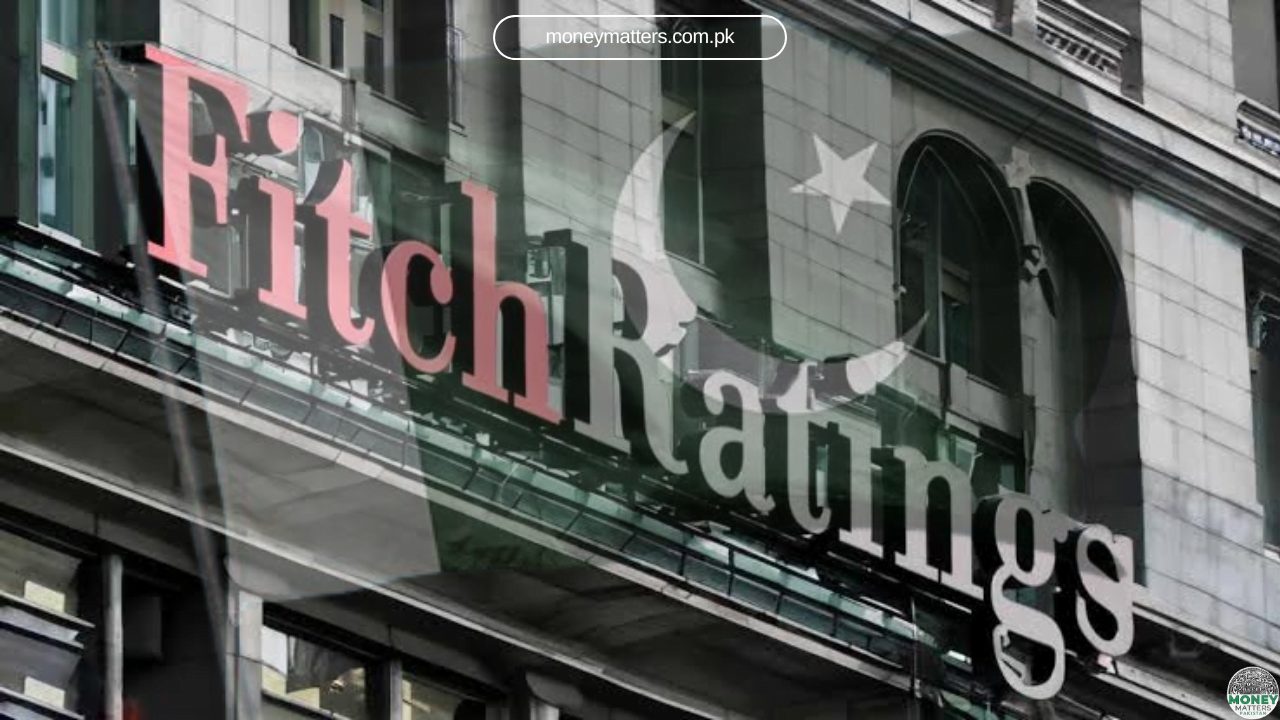Key Takeaways:
– Fitch predicts potential technocrat setup in Pakistan if the current government is ousted.
– PML-N coalition expected to remain in power for the next 18 months.
– Economic reforms and IMF agreements are crucial for stabilizing Pakistan’s economy.
Government Stability and IMF Reforms
Fitch, a global credit rating agency, has forecasted the possibility of a technocrat setup in Pakistan if the Pakistan Muslim League-Nawaz (PML-N) government is ousted. The agency anticipates that the PML-N coalition will stay in power for the next 18 months, with no immediate plans for new elections. During this period, the current government is expected to continue implementing reforms mandated by the International Monetary Fund (IMF) to promote economic growth.
The agency also noted that former Prime Minister Imran Khan is unlikely to be released from jail soon, despite relief in several cases. Additionally, Fitch predicts that the next general elections in Pakistan will occur in 2029.
Impact of Political and Environmental Challenges
The report from Fitch highlights potential economic disruptions due to political instability and environmental issues such as floods and droughts. The agency also noted that former Prime Minister Imran Khan is unlikely to be released from jail soon, despite relief in several cases. Additionally, Fitch predicts that the next general elections in Pakistan will occur in 2029.
Economic Projections and Policy Changes
On the economic front, Fitch projects Pakistan’s current account deficit to remain at 1% in FY2024/25. The report also suggests that the State Bank of Pakistan (SBP) might reduce its key policy rate from 22% to 16% in 2024.
The agency anticipates that the PML-N coalition will stay in power for the next 18 months, with no immediate plans for new elections.
IMF Agreement and Funding Prospects
A day prior, Moody’s reported that Pakistan’s recent staff-level agreement with the IMF would enhance funding prospects for the financially strained nation. The agreement, which includes a three-year, $7 billion aid package, is seen as a critical step towards economic stabilization. However, Moody’s emphasized the importance of consistent reform implementation to ensure ongoing financing and mitigate government liquidity risks.
Challenges and Risks
Moody’s also pointed out potential obstacles, such as social tensions from the high cost of living, which could hinder reform efforts, particularly with anticipated tax increases and energy tariff adjustments. Additionally, Moody’s raised concerns about the coalition government’s electoral mandate and its ability to maintain support for difficult reforms.
—




